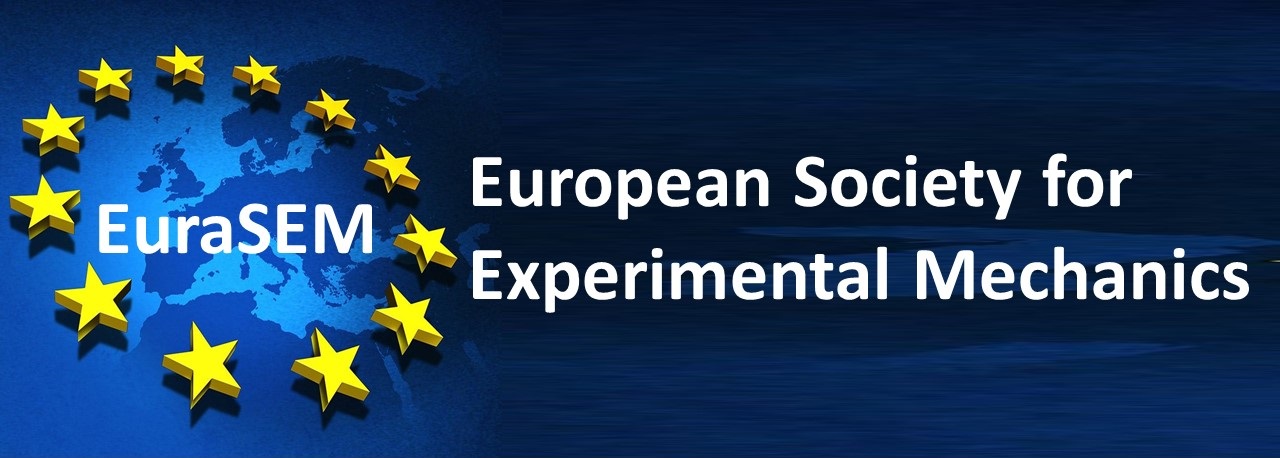EuraSEM's Mission
Experimental mechanics is indispensable even in today’s digital world. For instance, for the verification and validation of numerical tools which are used during design and analysis or more importantly for providing essential input data. With the increased interest in reliable design, durability analysis, life time prediction, bio-engineering etc. experimental mechanics is unquestionably of major importance. Undoubtedly, experimental mechanics always played a crucial role in all stages of a material’s or structure’s life cycle from research and design to production and use until liquidation and/or recycling and it always will.
Therefore, it is the society’s firm ambition to bring together students and international experts from academia, governmental institutions and industry to meet, interact and to actively promote research, development and education of all experimental methods. The society provides a world-wide forum for discussion, exchange of new ideas, for the establishment of new friendships and collaborations and for the dissemination of recent acquired knowledge in an area of utmost scientific and technological importance.
Next to its primary mission the society (i) supports international/national conferences, exhibitions, seminars and workshops; (ii) promotes joint teaching, training activities and transfer of technology and information; (iii) facilitates the introduction and development of codes of practice and standards; and (iv) recognize individuals of outstanding achievement in the science, technology, engineering and application of experimental mechanics.
In order to achieve the objectives of the Society, the Society shall, both solely and in co-operation with other bodies and societies:
- Organize a major international conference every two years in Europe, dealing with all aspects of Experimental Mechanics, to be known as the International Conference on Experimental Mechanics (ICEM). This conference is organized by a different national delegation from EuraSEM, as decided by the Council;
- Convene Technical Committees which will address major current technical issues;
- Hold regular meetings addressing special technical issues under the auspices of the Technical Committees;
- Hold, or support, other appropriate seminars and symposia on technical matters;
- Co-operate with other bodies associated with Experimental Mechanics issues (SEM, ACEM, EUROMECH, etc), standardisation bodies such as: the American Society for Testing and Materials (ASTM), European Committee for Standardization (Comité Européen de Normalisation- CEN), International Standards Organization (ISO) and Versailles Agreement on Materials and Standards (VAMAS) etc;
- Hold regular Educational Forums;
- Produce and distribute regular technical publications;
- Produce regular information on the various activities of the Society (Newsletter and website);
